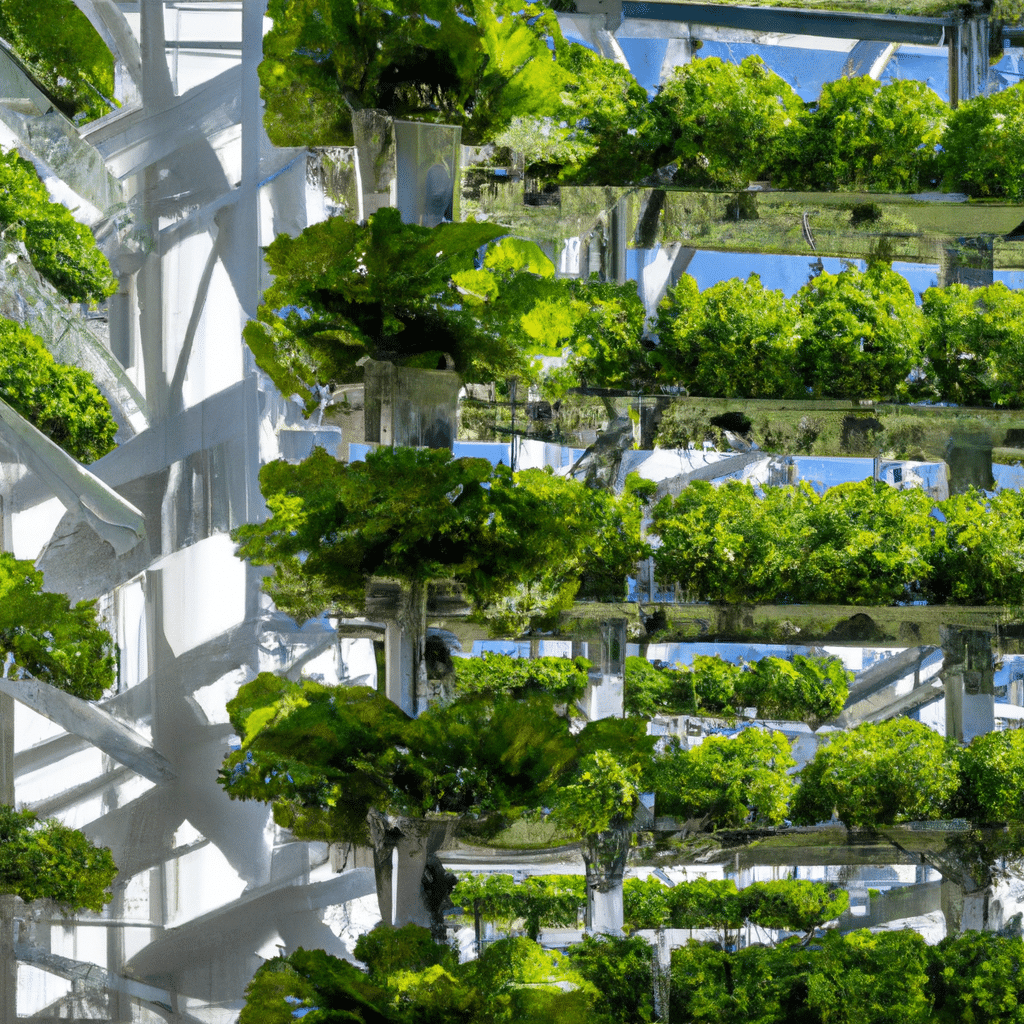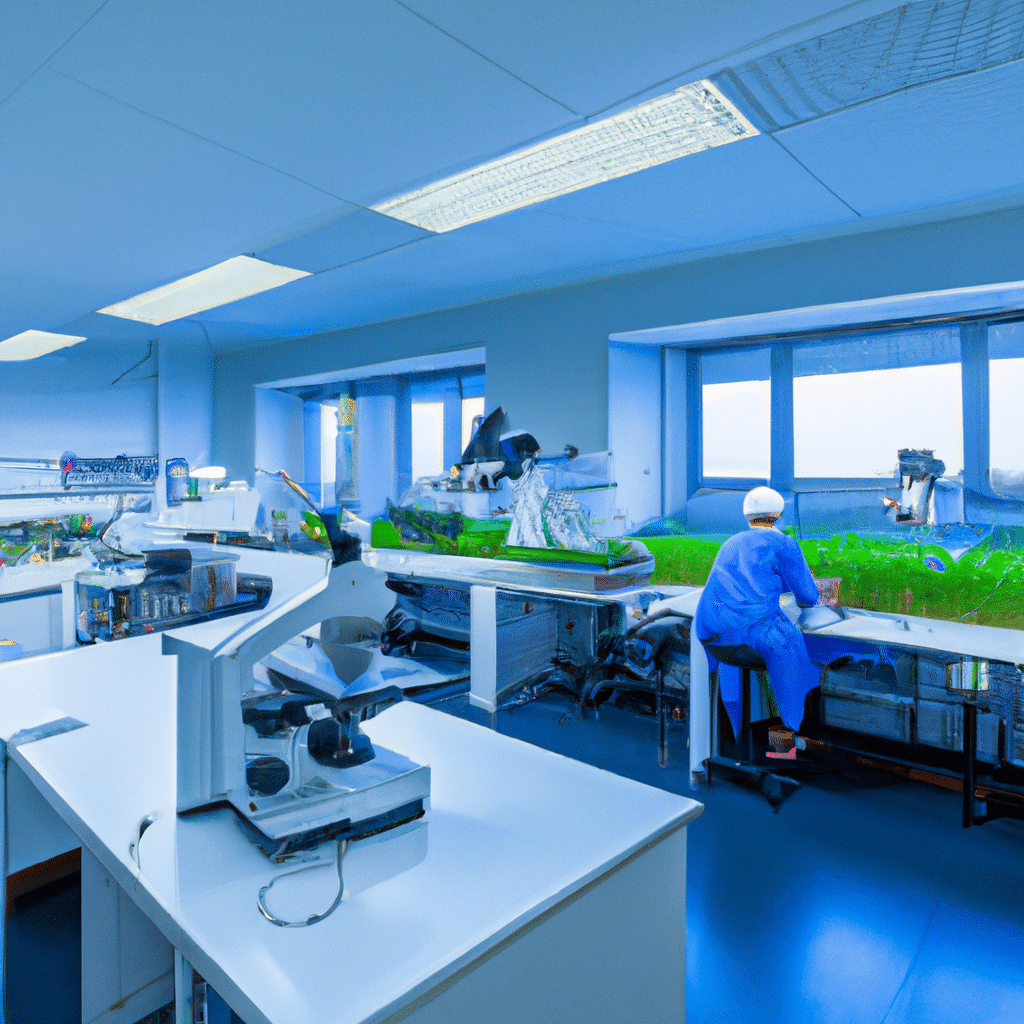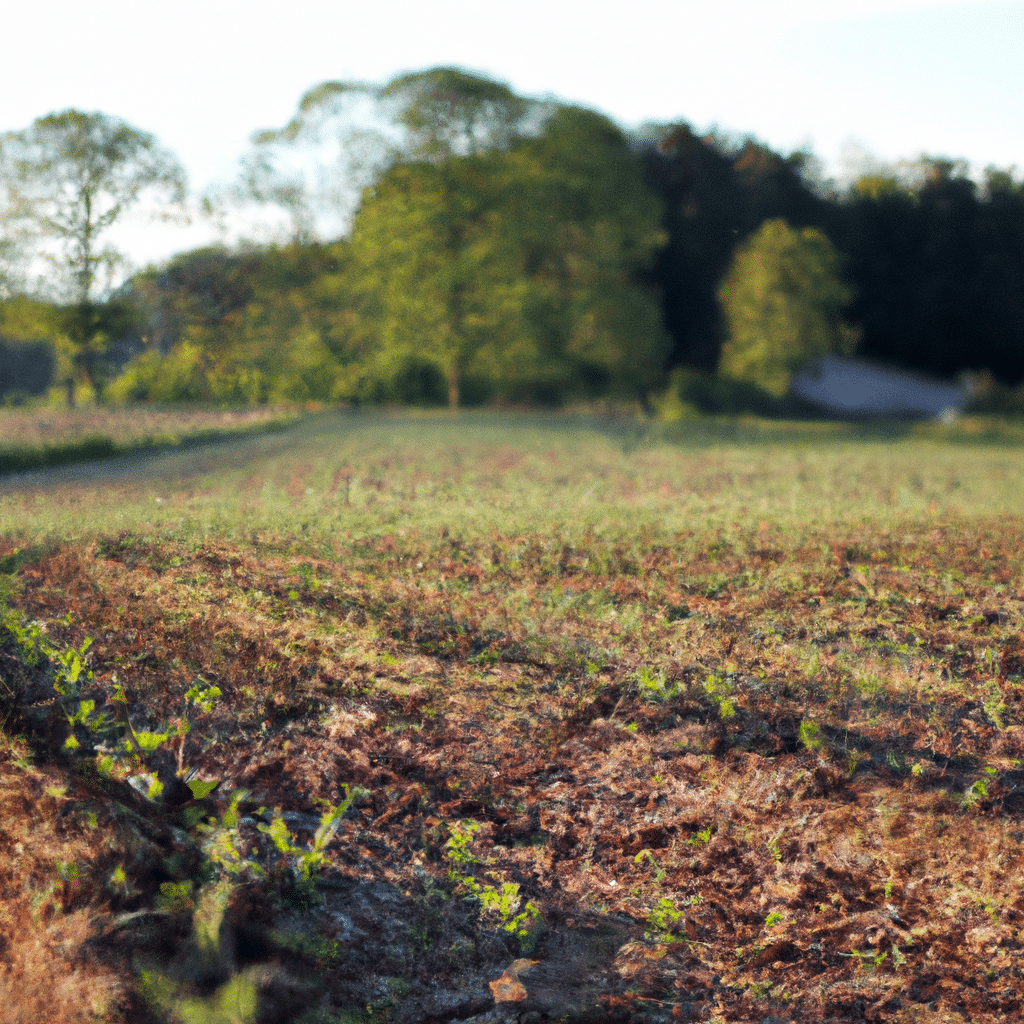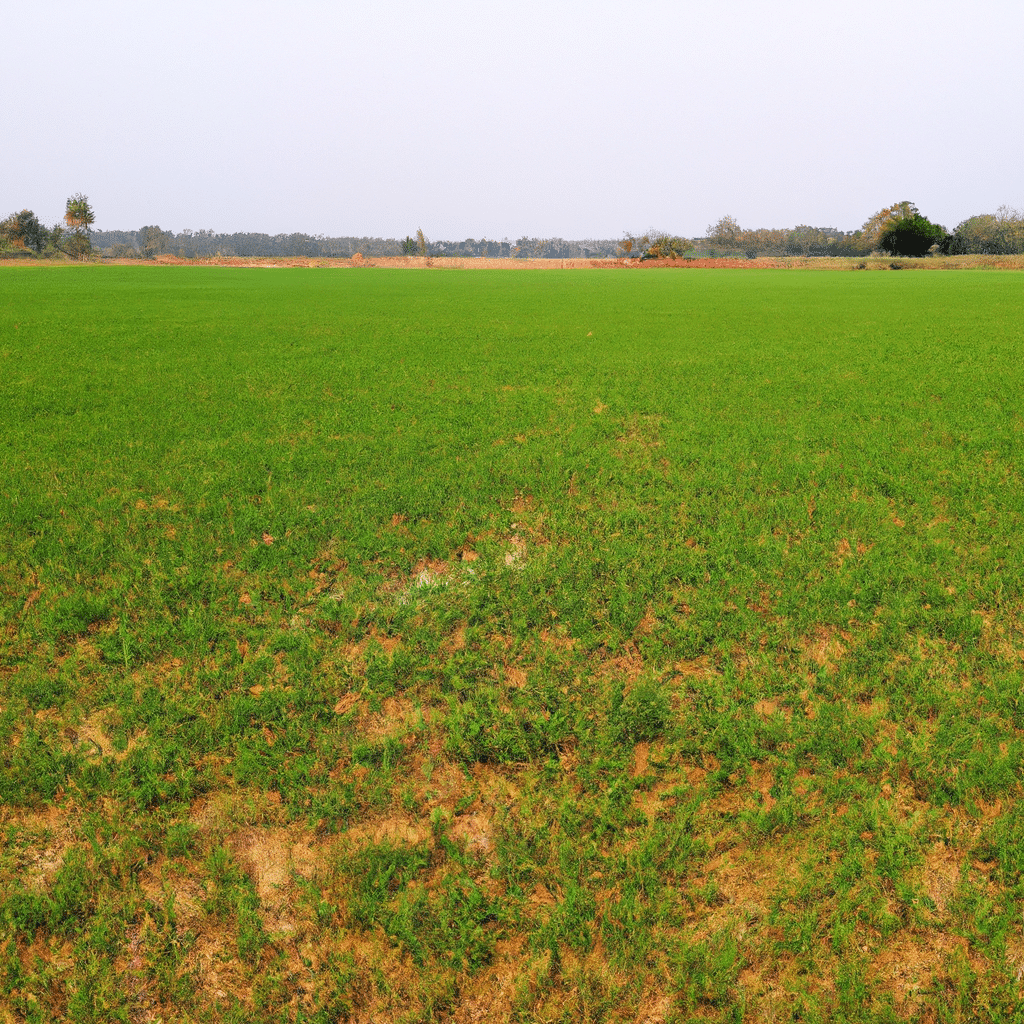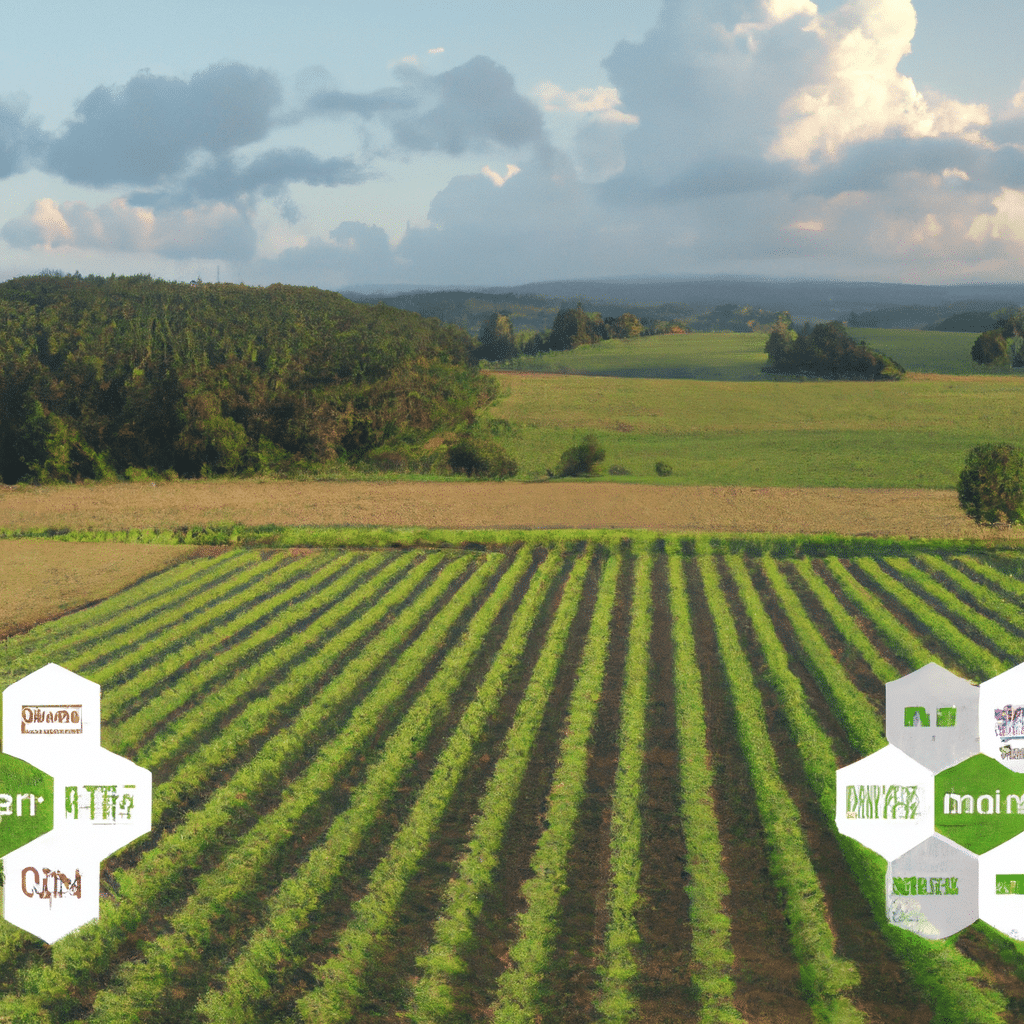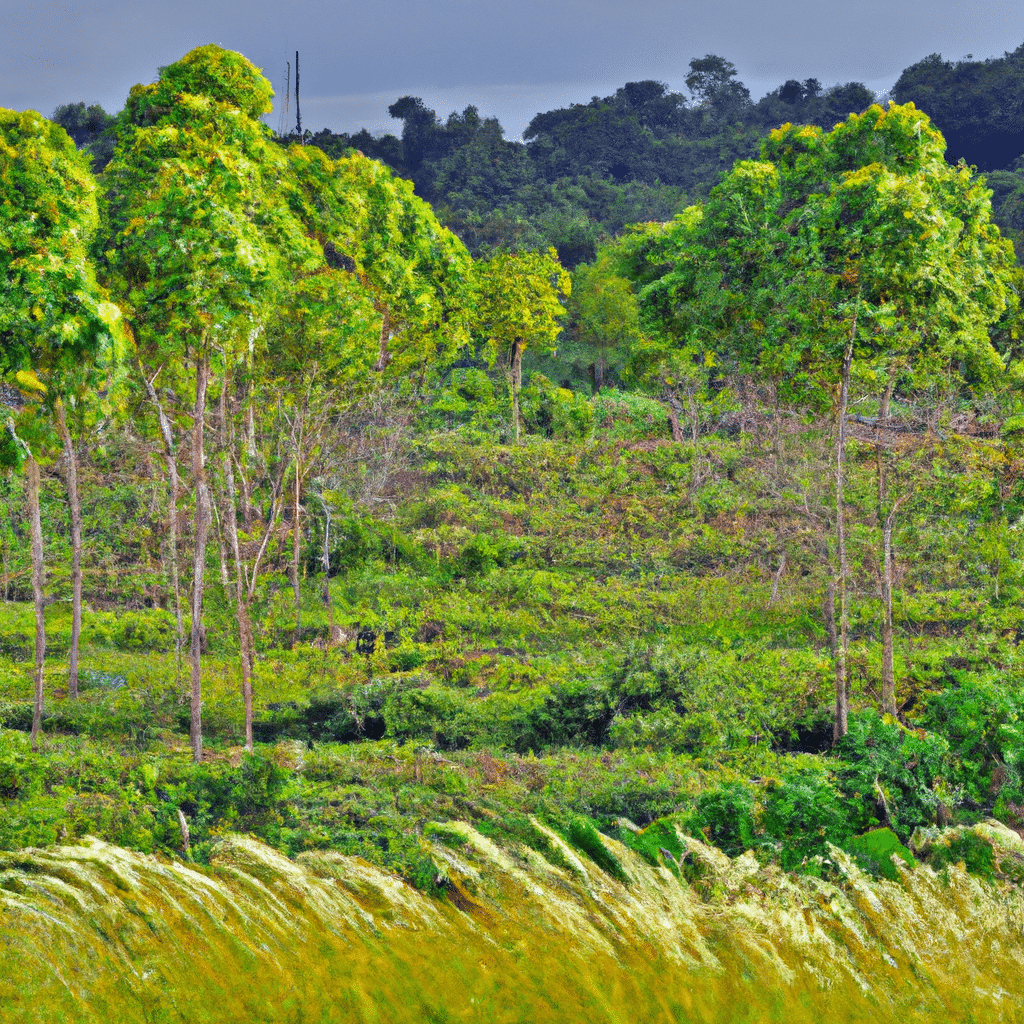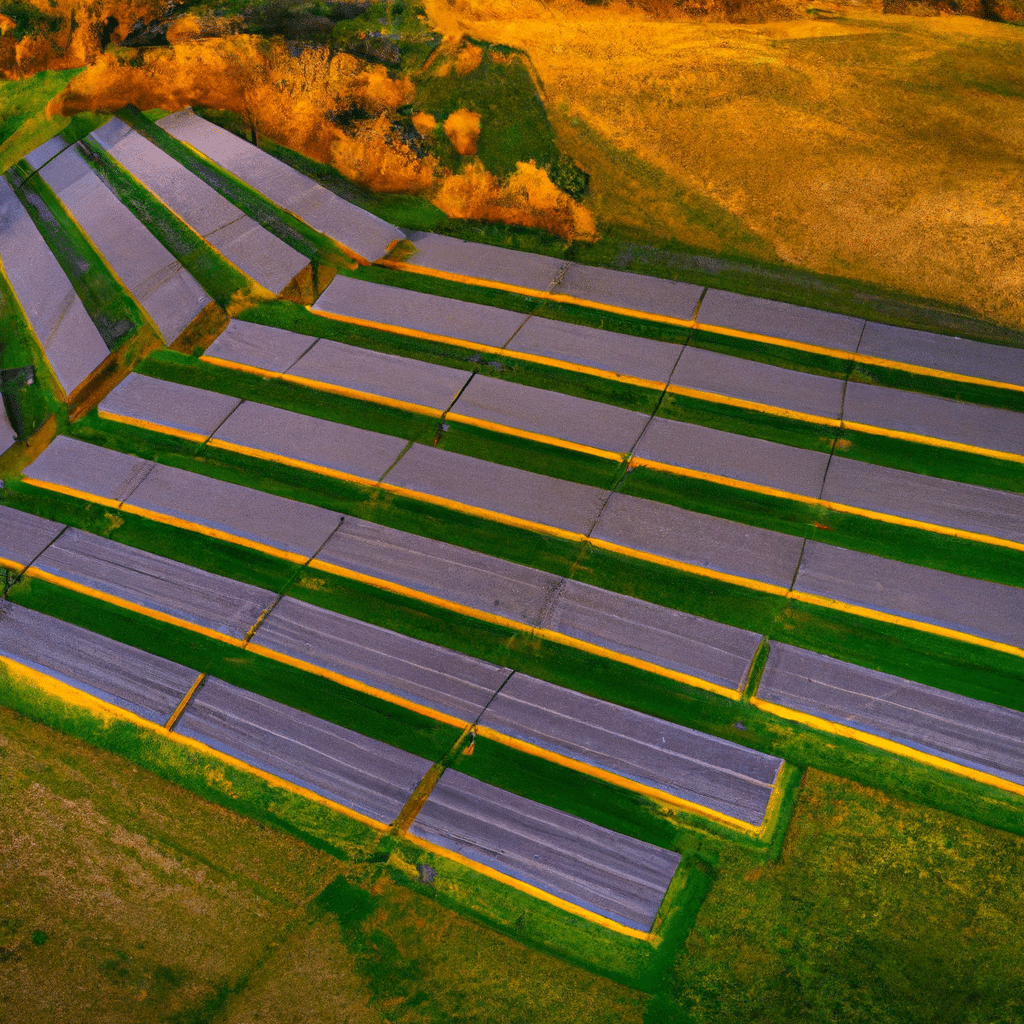Climate change poses significant challenges to the agricultural industry, as it brings about increasing uncertainties that farmers must navigate. In this article, we will explore the farming resilience challenge and discuss strategies for adapting to climate change. By understanding and implementing these strategies, farmers can enhance their ability to withstand the impacts of climate change and ensure the long-term sustainability of their operations.
Understanding Climate Change’s Impact on Agriculture
Climate change manifests in various ways, such as rising temperatures, changing precipitation patterns, and increased frequency of extreme weather events. These changes directly impact agricultural systems, affecting crop yields, livestock health, and overall farm productivity. To address these challenges, farmers need to adopt resilient practices that can mitigate risks and promote sustainability.
Building Resilience Through Crop Diversification
One effective strategy for adapting to climate change is crop diversification. By cultivating a wider variety of crops, farmers can reduce their vulnerability to climate-related risks. Diversification not only spreads the risks associated with changing weather patterns but also enhances soil health, reduces pests and diseases, and promotes biodiversity. Furthermore, a diverse crop portfolio can provide alternative income sources and create market opportunities.
Implementing Precision Agriculture Techniques
Precision agriculture, powered by technology and data-driven insights, offers valuable tools to enhance farming resilience. By utilizing remote sensing, satellite imagery, and soil sensors, farmers can gather accurate information about their fields’ specific conditions. This data enables more precise resource allocation, such as water and fertilizer, optimizing crop growth while minimizing waste. Additionally, precision agriculture aids in early detection of crop stressors, allowing farmers to take timely action and mitigate potential losses.
Embracing Sustainable Water Management
Water scarcity is a growing concern in the face of climate change. Farmers must adopt sustainable water management practices to ensure efficient irrigation and minimize water wastage. Techniques like drip irrigation, rainwater harvesting, and water recycling can help maximize water usage while reducing the strain on local water resources. By implementing these practices, farmers can adapt to changing precipitation patterns and contribute to overall water conservation efforts.
Investing in Climate-Resistant Infrastructure
As extreme weather events become more frequent, investing in climate-resistant infrastructure is crucial for farm resilience. This includes constructing robust buildings, implementing windbreaks, and improving drainage systems. By fortifying their infrastructure, farmers can better protect their crops, livestock, and equipment from the damaging effects of severe weather events. Moreover, climate-resilient infrastructure ensures the continuity of farming operations during and after such events.
Adopting Sustainable Soil Management Practices
Healthy soils are the foundation of productive and resilient agricultural systems. Climate change can significantly impact soil quality, leading to erosion, nutrient depletion, and reduced water-holding capacity. To counter these effects, farmers should adopt sustainable soil management practices. This includes minimizing tillage, implementing cover cropping, and practicing proper nutrient management. By improving soil health, farmers can enhance their farms’ resilience to climate change and improve long-term productivity.
Conclusion
The farming resilience challenge demands proactive measures to adapt to the uncertainties posed by climate change. By diversifying crops, implementing precision agriculture techniques, embracing sustainable water management, investing in climate-resistant infrastructure, and adopting sustainable soil management practices, farmers can enhance their resilience and thrive in a changing climate. It is essential for farmers to stay informed about the latest advancements in agricultural practices and collaborate with researchers, industry experts, and fellow farmers to collectively tackle the farming resilience challenge. Through continuous learning, adaptation, and innovation, farmers can not only overcome the challenges of climate change but also contribute to a more sustainable and resilient agricultural sector.



